Pharmaceutical intermediates are compounds used during the synthesis of active pharmaceutical ingredients (APIs). They are intermediate products in the chemical process that ultimately leads to the production of the final API. They can be used to make drugs for various therapeutic areas, including cancer, cardiovascular diseases, and central nervous system disorders. Pharmaceutical intermediates play a crucial role in determining the quality, purity, and stability of the final API, and therefore, their manufacturing and quality control are strictly regulated by government agencies. The proper selection and control of pharmaceutical intermediates is critical to ensuring the safety and efficacy of the final API.
-
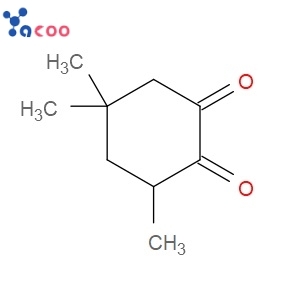 Tabanone,3,5,5-Trimethylcyclohexane-1,2-dione CAS57696-89-6Mainly used for high-grade tobacco flavor, food, drink flavors, but also organic synthesis intermediates.
Tabanone,3,5,5-Trimethylcyclohexane-1,2-dione CAS57696-89-6Mainly used for high-grade tobacco flavor, food, drink flavors, but also organic synthesis intermediates. -
 Strontium oxide CAS1314-11-0For the manufacture of fireworks, paint and pharmaceutical industries.
Strontium oxide CAS1314-11-0For the manufacture of fireworks, paint and pharmaceutical industries. -
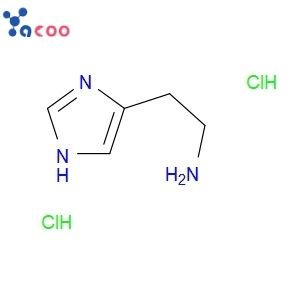 Histamine dihydrochloride CAS56-92-8Biochemical reagents, as enzyme substrate determination of histamine, as used in the manufacture of drugs and other pharmaceutical intermediates.
Histamine dihydrochloride CAS56-92-8Biochemical reagents, as enzyme substrate determination of histamine, as used in the manufacture of drugs and other pharmaceutical intermediates. -
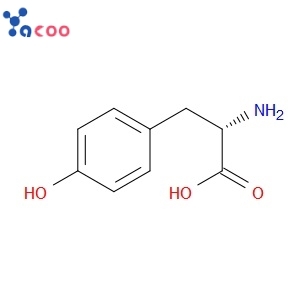 L-Tyrosine CAS60-18-4For biochemical research, pharmaceutical drug used as amino acid nutrition
L-Tyrosine CAS60-18-4For biochemical research, pharmaceutical drug used as amino acid nutrition -
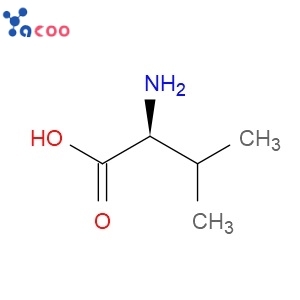 L-Valine CAS72-18-4For biochemical research, tissue culture media preparation, pharmaceutical drugs used as amino acid nutrition
L-Valine CAS72-18-4For biochemical research, tissue culture media preparation, pharmaceutical drugs used as amino acid nutrition -
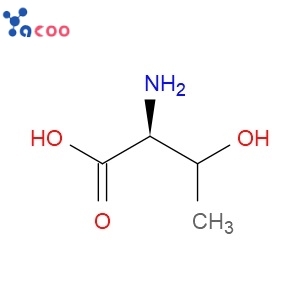 L-Threonine CAS72-19-5Used in medicine, chemical reagent, food fortifier, feed additives etc
L-Threonine CAS72-19-5Used in medicine, chemical reagent, food fortifier, feed additives etc
 86-15062454963
86-15062454963 sales@yacoo.com.cn
sales@yacoo.com.cn











